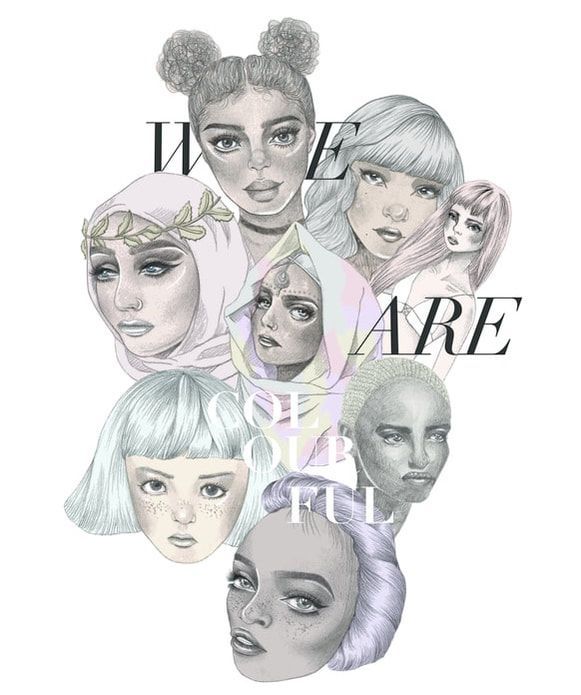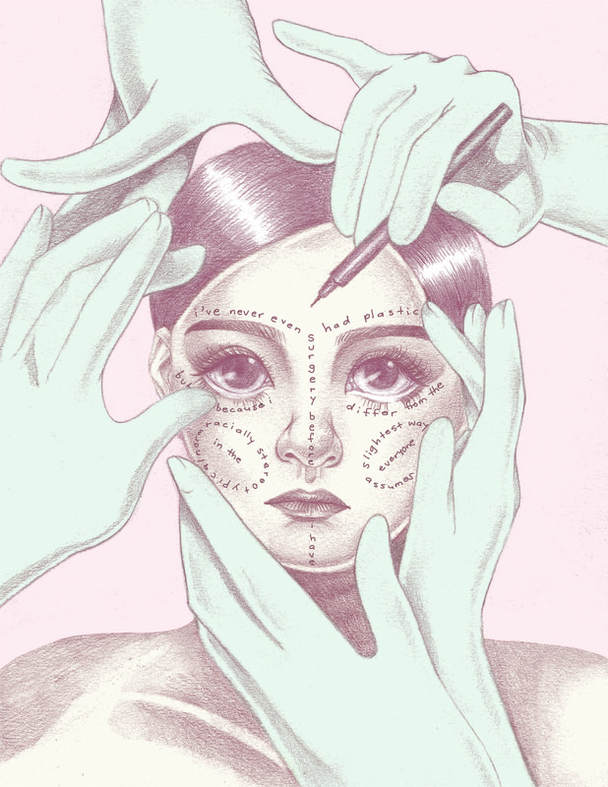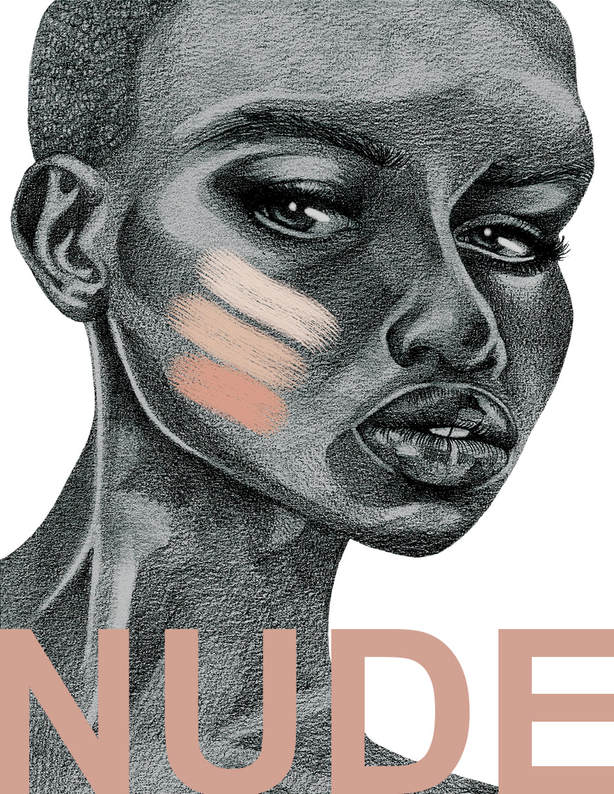What Is Skin Color?: An Adaptive Feature Of Human Existence
According to geneticists, the color of a person’s skin has a direct correlation to their geographic location and the distribution of ultraviolet radiation it receives. So, if the color of our skin is dictated by geography, why are people discriminated against based on the shade of their skin?

What if everyone had the same color skin? What would people have to pick on and criticize? What is skin, really, besides an adaptive feature to a human being’s environment?
According to geneticists, the color of a person’s skin has a direct correlation to their geographic location and the distribution of ultraviolet radiation (UVR) it receives. For instance, areas that receive higher amounts of UVR have a propensity to have darker-skinned people. These areas are typically located closer to the equator. Areas that are closer to the poles have lower amounts of UVR, which is why folks tend to be lighter-skinned.
Most animals are often protected from harmful UVR because they have fur, and at one point in time, humans were covered in hair. As humans evolved over millions of years, they lost their fur coating and began to produce more permanent pigmentation in their skin cells. This pigmentation is called melanin, and it acts as a biological shield against UVR. In essence, it serves as the body’s natural form of sunscreen, however, it should not be an excuse to pass up the real thing.
So, if the color of our skin is truly dictated by geography and environmental factors, then why are people discriminated against based on how light or dark their skin is?

For those readers who are history buffs, it was the rapid spread of the trans-Atlantic slave trade between the 16th and 18th centuries that impacted how skin color was perceived. Before then, there were no definitive boundaries between skin tones or limitations placed against people with tan or dark skin; as a matter of fact, in ancient Egyptian times, skin color had no real significance.
As it relates to today’s society, discrimination is simply based on ignorance. We know that the Earth isn’t the only planet in our galaxy, we know that women are capable of excelling in the workplace, and we know it’s out of line to pass judgment on how others choose to live their lives, and if we know these nuggets of gold, then we should know that the color of a person’s skin has no relevance to their existence as a human being. In fact, the only thing people should be concerned about when it comes to their skin is if they remembered to put on lotion, moisturizer, and/or sunscreen.

Therefore, a person’s skin color isn’t a choice they make, it’s actually a result of biological and environmental determinants. However, by adding in new determinants like access to travel and freedom to marry outside one’s ethnicity, let’s see what happens to the perception of skin tone in the next century around the world.
Personally, I think people are like a rainbow; they come in a variety of different colors that come together to make something special and magical, and that’s what should be embraced.
Written by Avni Parekh
Avni Parekh is a skilled public relations and strategic communications professional who specializes in online reputation management, crisis communications, and editing. Her passion for writing, the arts, and innovation has been a driving force for her since childhood. A Miami-native, Avni received a bachelor’s degree in international relations from Florida International University and enjoys blogging about beauty, fashion, human rights, and the environment.
Illustrated by Anita Lee
Anita Lee is an illustrator based in Canada. She loves high fashion, beauty, and raising awareness towards the unique struggles faced by women of color. When she isn't drawing, she can be found dancing, singing, or writing in her diary.






